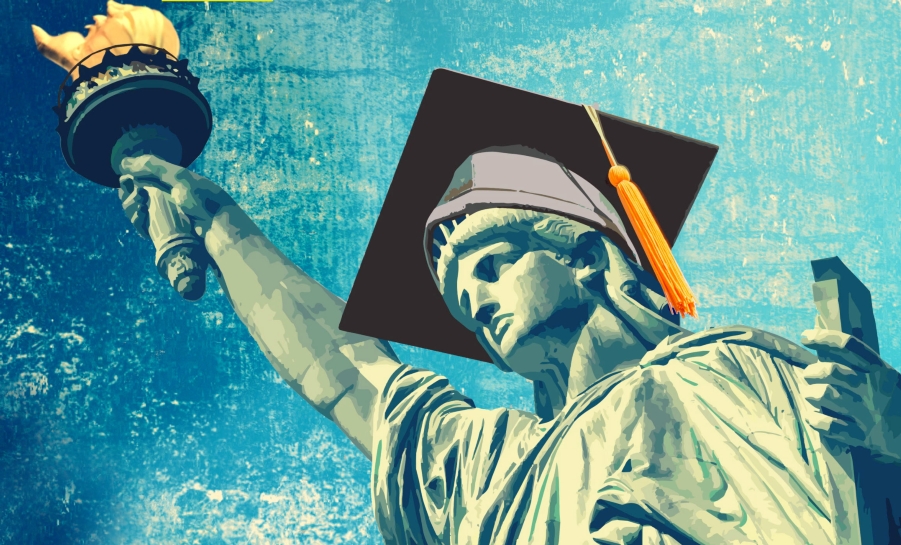Immersive trip opens up a new world of opportunities for students
The trip transformed the lives of the four students who had the chance to join other first-generation college students on an international immersion trip.
Connolly, 2018 / The Aspen Institute / December 2018

Defining “first-generation” can be a thorny prospect when college students come from such a diversity of backgrounds and familial situations. While the Higher Education Act keeps the designation relatively simple — any student whose parents (or parent) did not complete a baccalaureate degree — researchers, colleges, and nonprofits can have tighter or looser definitions. Whatever the specifics, it’s a term meant to refer to students who go to college despite not having a family history of higher education, often with low-income and/or immigrant backgrounds. About a quarter of American college students are first-generation, according to a 2017 report from the US Department of Education. Three-quarters of first-generation students had a household income of less than $50,000, and a quarter came from households making less than $20,000. These students are more likely to be black (14 percent compared to 11 percent for other students) and much more likely to be Latino (27 percent compared to 9 percent). The study found that first-generation students had a much more difficult time completing college than students from a college-educated background. Just over half of first-gen learners earned a certificate or higher, compared to 70 percent of more traditional students. The difference is even starker when looking at those who completed a bachelor’s or higher — just 23 percent of first-generation students, compared to 55 percent of others.